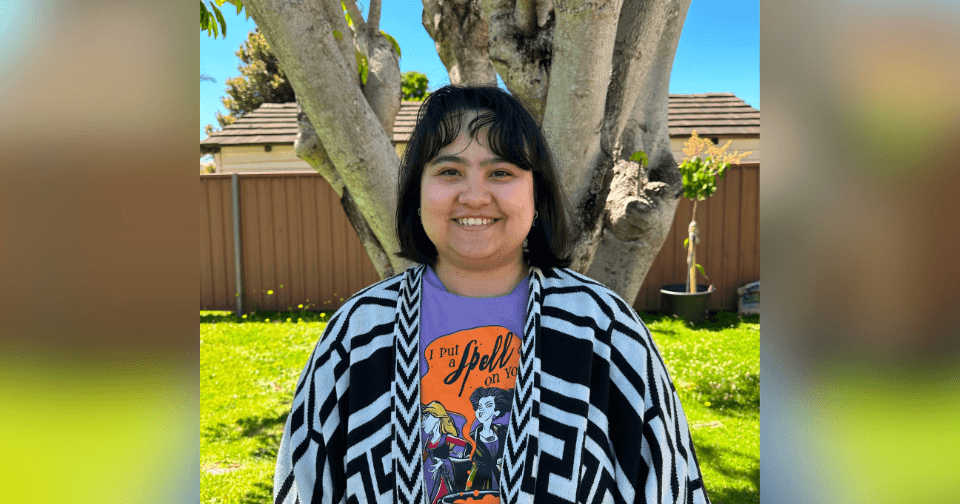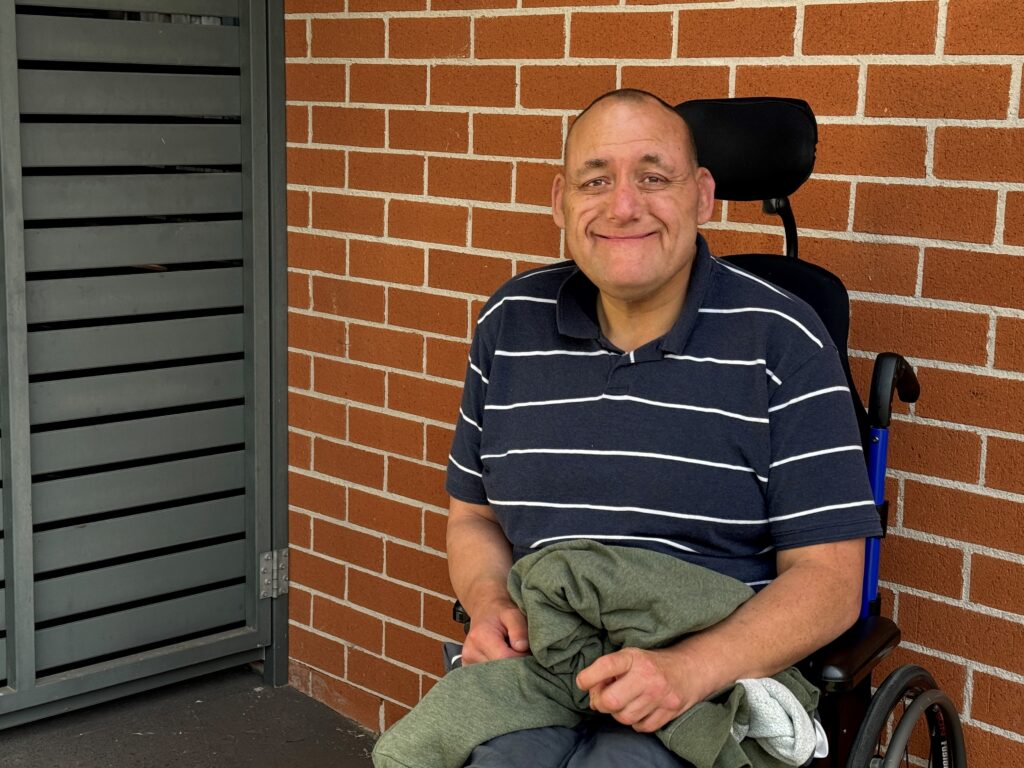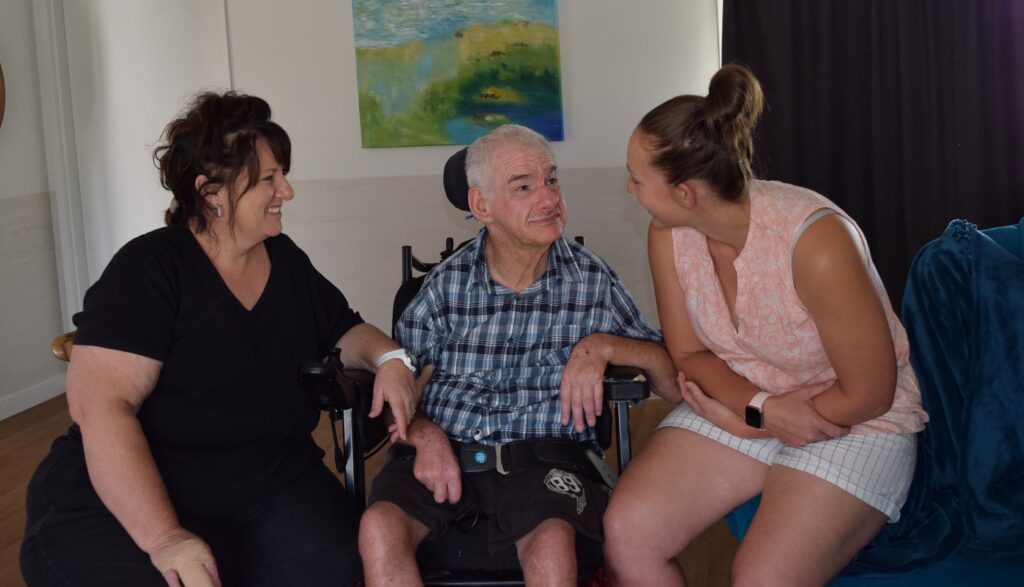Jan 31, 2024
Balancing Acts of Love: Susanne’s journey during Carer’s Week

What is Carer’s Week all about?
Carer’s Week, to Susanne, is about acknowledging the dedication and hard work that carers invest in their roles. She understands that anyone can become a carer, and often, it’s a role that can come about unexpectedly. Some find themselves as caregivers when their spouses face health complications or accidents. Others, like Susanne, step in when further support is needed at home.
Susanne’s Carer journey
Susanne’s personal experience as a carer revolves around her brother, Kenneth. Diagnosed with autism and a moderate intellectual disability at a very young age, she’s been caring for him since childhood. She provided emotional support, played with him, and gradually took on more responsibilities as her parents aged.
Her journey became particularly challenging when her father was diagnosed with schizophrenia, leading her to become a mediator between her parents, services, and the group home her brother lived in temporarily. Juggling these responsibilities while studying at university, Susanne also played a critical role when her father unexpectedly passed away from cancer in 2017.
“I give a lot of credit to my personal experiences as a carer to the person that I am today. My ability to build rapport and allow people to trust me comes from my ability to get tasks done and to have a deep empathy for their pain and experiences.
It is also through my experience that I have had the privilege to meet some very special work colleagues and friends who I am able to share my world and experiences with- small but these packages tend to be big where it counts,” says Susanne.
Balancing caring and employment
For Susanne, Carer’s Week serves as a time for society to appreciate the mental and emotional effort carers invest, as they strive to balance their own lives while providing critical support. She notes the importance of flexibility in the workplace.
Working from home allows me to stay afloat. It allows me to be professionally free. I don’t think I’d be able to support myself and my family without that flexibility and the acknowledgement of workplaces.
Susanne
Recognising informal supports
Susanne’s experiences as a carer come with a unique set of challenges. Overcoming cultural and language barriers has been an ongoing struggle, as she sought services for her half-Filipino, half-Australian household. She highlights the importance of acknowledging and supporting the informal networks that National Disability Insurance Scheme (NDIS) participants rely on.
“I was the person who liaised between my family, their services and the group homes because my parents, particularly my mum, who had certain ideas and cultural beliefs about the way things are, was always clashing,” says Susanne.
The importance of self-care
In response to the feeling of burnout that can come with balancing multiple responsibilities, Susanne emphasises the importance of self-care. She recommends seeking support while discovering individual self-care routines that work. For her, enjoying theatre, bath bombs, massages, music and nature walks help alleviate the stresses of caregiving.
“Music is a massive constant in my life. I cannot think of a time where I haven’t had music. My taste is broad. I love all eras from the 40s to now and I love nearly every single genre except for death metal and Opera.”
The evolution of the NDIS has been pivotal in providing more services and support to her brother. It has brought flexibility and formal support that was previously lacking, improving her family’s quality of life.
“Having a regular routine in place for my brother really lifts the burden from my mom and from myself, and we’re able to do things that we want to do. I can visit my friends in Sydney and go out to shows. Because my family are quite isolated and don’t have a strong informal support network, we rely solely on support workers to help us with supporting Kenneth,” says Susanne.
Susanne’s story of dedication and care highlights the need for continued support and recognition of the many carers in our society.
Support Coordination


Accessibility and Inclusivity
We respect and honour Aboriginal and Torres Strait Islander Elders past, present and future. We acknowledge the stories, traditions and living cultures of Aboriginal and Torres Strait Islander peoples on this land and commit to building a brighter future together.
Read more about our commitment to reconciliation

